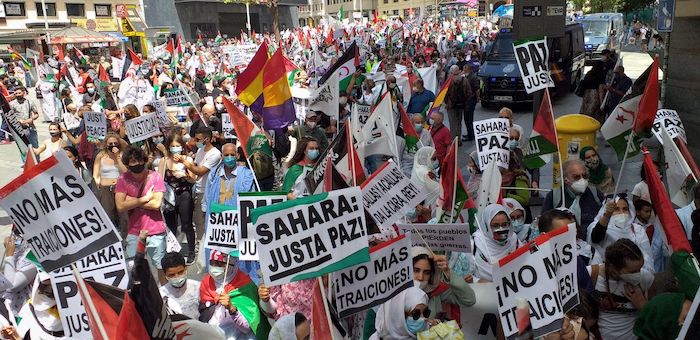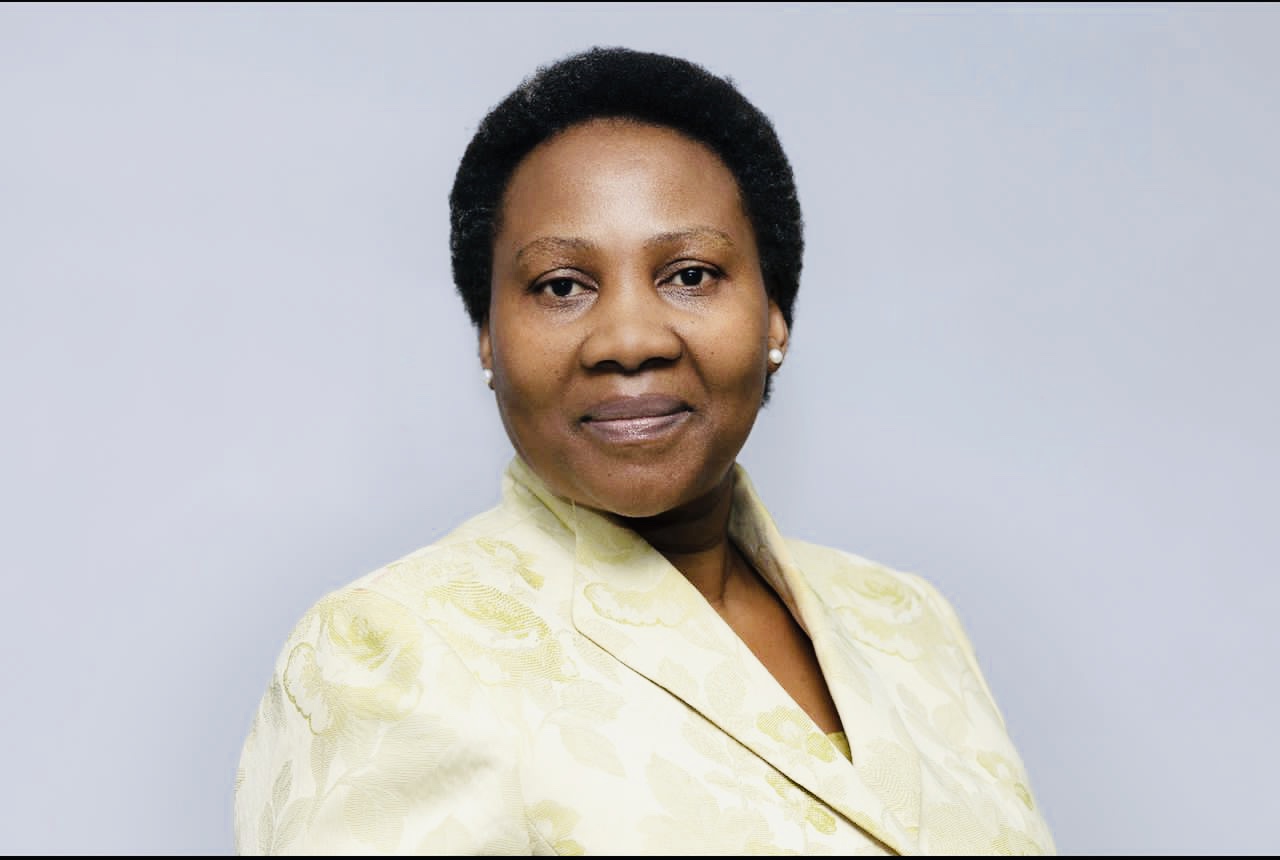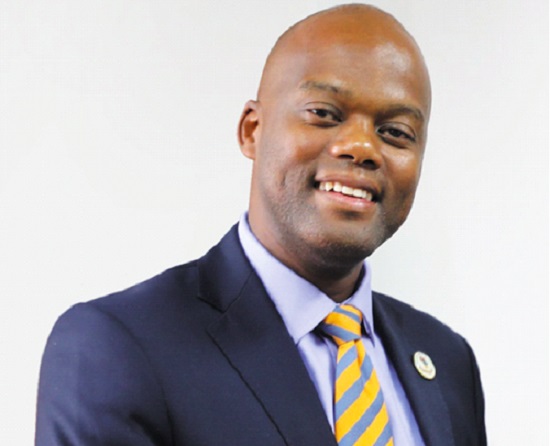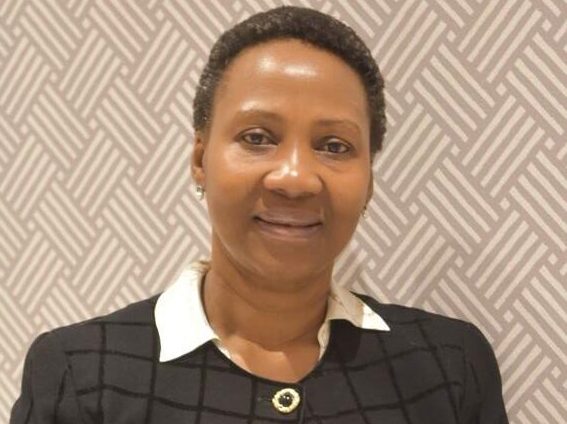
The Pan Afrikanist Observer
Covid 19 has plunged Africa into serious disarray and has hampered social lives and will lead to escalation of poverty levels resulting from the slow economic growth and development retardation.
This is the gloomy analysis of a study conducted in three countries, Botswana, Sierra Leone and Somalia by the African Regional organisation of the International Trade Union Confederation (ITUC-Africa).

The study, known as, ‘Strengthening African Trade Unions’ Social Dialogue Capabilities at the National Level to address Covid 19’’, was supported by National Trade Unions and 21 affiliates.
It was designed to explore ways and means of how African trade unions can use social dialogue in advancing their contributions to the eventual defeat of the virus and their participation in the recovery process.
Its findings show that at the time the study began, cumulatively, Africa had recorded 3, 409, 123 cases South Africa having the biggest share of these with 1, 392, 578 cases (Reuters 2021).
It finds that Covid has exposed existing inequalities, vulnerability of employees, high unemployment levels, weakness and inadequacy of Africa’s health systems, impact of long unresolved historic and structural economic injustices of Africa’s foreign debt burden.
It says Covid-19 has led to a sharp decline in personal remittances from US$551 billion in 2019 down to US$508 billion (Institute of Security Studies, 2020) as a result of loss of employment and decline of wages of migrants in host countries during the Covid-19 crisis.
The study finds that in Somalia the decline will be by 2.5 percentage points. It says that although in Botswana, only 0,3 percent of Batswana depend on personal remittance the anticipated reduction will affect livelihoods of the affected people.
As for Sierra Leone where close to 50 percent of the population depend on the remittances, the study finds that the matter is “serious” and that any reduction will seriously affect livelihoods of the people.
The study says that the national lockdowns, reduction in business operation hours,, curfews and also logistical changes such as reduction of numbers of employees working in offices in places as MoneyGram and Western Union where people access remittances have also “severely compounded access to services for sending and receiving money (EU Report, 2020).
The study finds that Covid-19 will drag African economies into a fall of about 1.4 percent in Gorss Domestic Product (GDP), with smaller economies facing contraction of up to 7.8 percent. Covid has affected almost all economic sectors but especially tourism, service sectors such as transport but more especially the informal sector which the study says is “Africa’s employer”.
According to UNDP, about 1.6 billion informal workers lost 60 percent of their income, with little to no savings and no access to social protection.
“in a nutshell therefore, Covid-19 has once again brpught to the fore these challenges and exposed the frailty of many of the institutions across the continent@, the study says.
Present at the study launch on March 25, 2021 at Avani Gaborone Resort & Casino were BFTU Secretary General Thusang Butale, Deputy Secretary of ITUC-Africa, Joel Odigie, Phemelo Boikanyo, who was a Researcher in the study and Francis Ngambi who made the study presentation.









